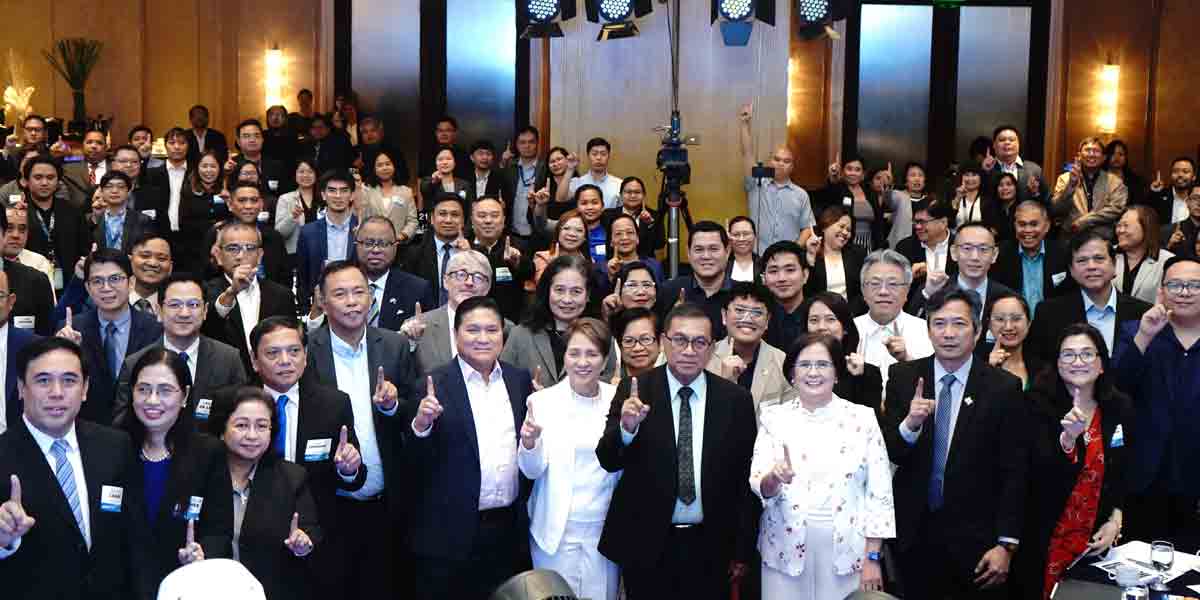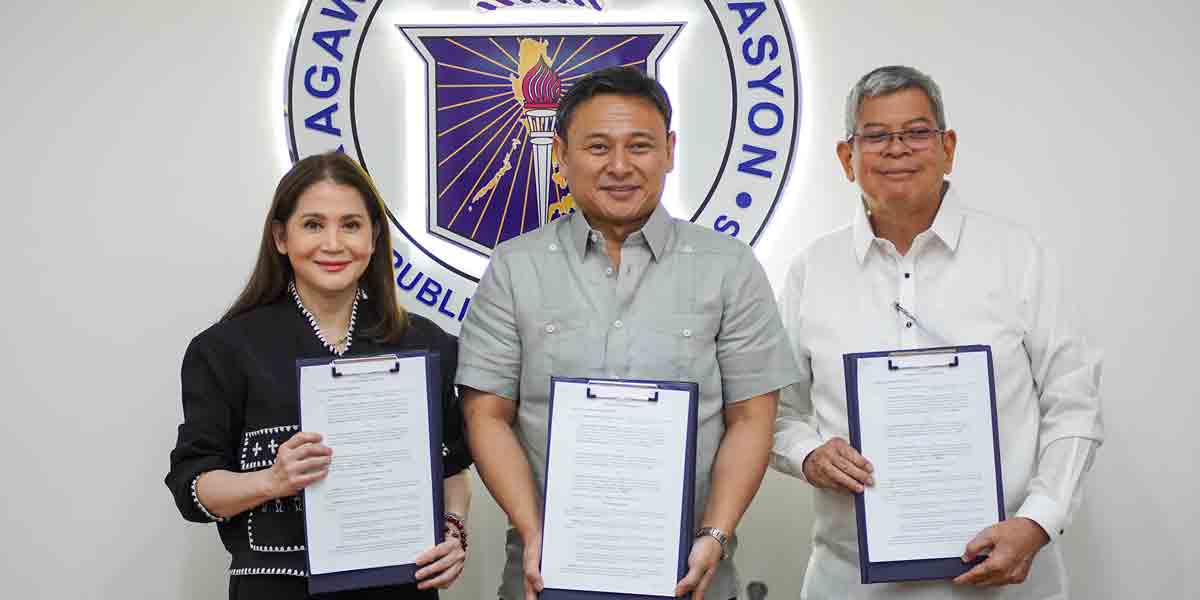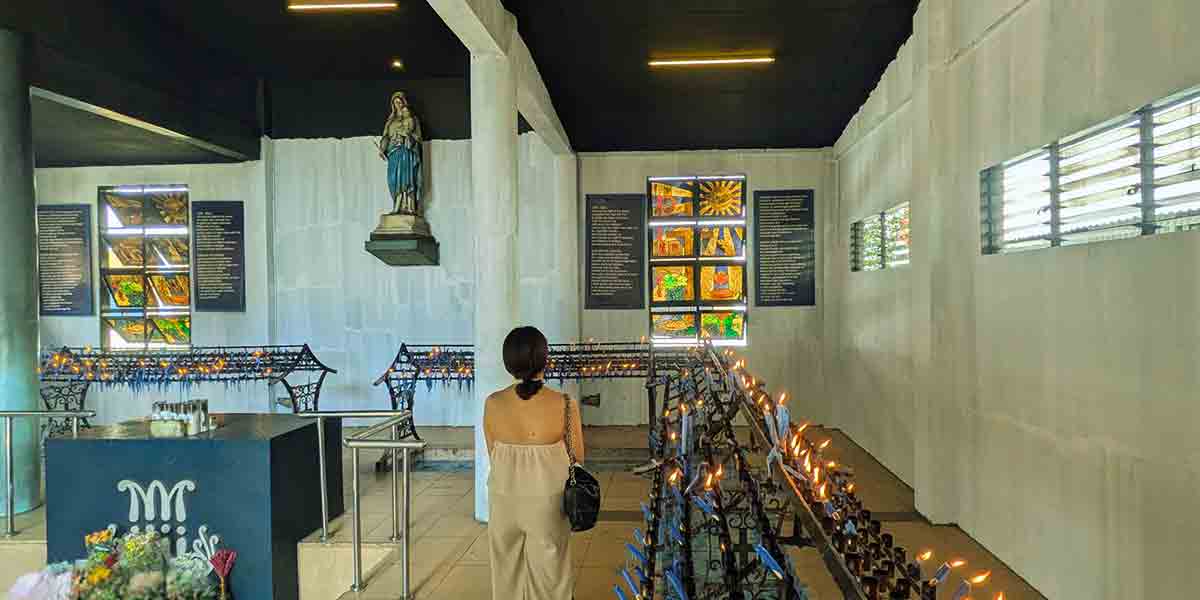By Atty. James Jimenez
As we enter the second half of the period for the filing of Certificates of Candidacy for the 2025 National and Local Elections, and we’re seeing in real time how the process attracts all sorts of people aspiring to become Senators, Congressmen, Governors, and all the rest, now is the time to speak about the one thing that will separate the wheat from the chaff. Eligibility.
Eligibility is not determined by popularity, first of all. There have been scads of unknown politicians who made it onto the ballot because they met the requirements for running for office. That fact alone should be enough to settle the question.
Where popularity makes a difference is in the candidate’s winnability. Winnability, however, is something so far outside the COMELEC’s sphere of influences it’s not even in the same ballpark.
Equally significant to the point is that the Commission on Elections does not prescribe the qualifications for holding office. It’s the law that does that.
And just to take that point to its logical next step, no, it’s not the COMELEC that passes laws either; Congress does that. Any dissatisfaction with existing prescribed qualifications for holding any public office, therefore, are more properly addressed to that august body, not the COMELEC; much to the chagrin of a majority of netizens. However, if you were then to believe the COMELEC some sort of lame duck, then you’d be ignoring the fact that top-level rule making authority in a republican government – such as the Philippines’ – was purposely designed to be highly centralised in Congress. That’s the very point of having three separate co-equal branches of government. The Legislature makes the laws and holds the purse; the Executive carries out the laws; and the Judiciary constantly checks to see that the two other branches stay within the limits of their respective powers.
The COMELEC may be an independent Constitutional body, and as such may seem to exist outside this tripartite arrangement, but its independence is not without limitation; it must still conform to the laws, and it cannot make up new laws just because it feels like it.
Take campaign spending limits, for instance.
For the longest time, the COMELEC understood that the campaign spending limits provided for by current laws were unrealistic and only predisposed candidates to breaking the law and concealing their violations. In other words, rather than promote compliance, the law actually encouraged violation. So, the COMELEC went to Congress and asked for the legislature to amend the campaign spending limits.
Just before the 2016 elections, a couple of good legislative proposals came out of the appropriate Congressional committees and, assuming continuity, that means we’re well on the way to seeing the old campaign spending limits being amended.
Until such amendments are actually made into law, however, the COMELEC literally cannot use even the proposed limits in place of the ones currently in the law books. If it did, the Supreme Court would have no choice but to strike that initiative down for being in violation of law – no matter how much more logical the new, albeit arbitrary, limits might be.
The same goes for the qualifications of candidates.
We can argue until Judgement Day that people need to do this or pass that test or whatever, before they can be considered eligible to run for office. And all those new criteria might make perfect sense, but if they’re not in the law, then they cannot be enforced by the COMELEC.
This is not lameness, this is simply the system working as it should.






















